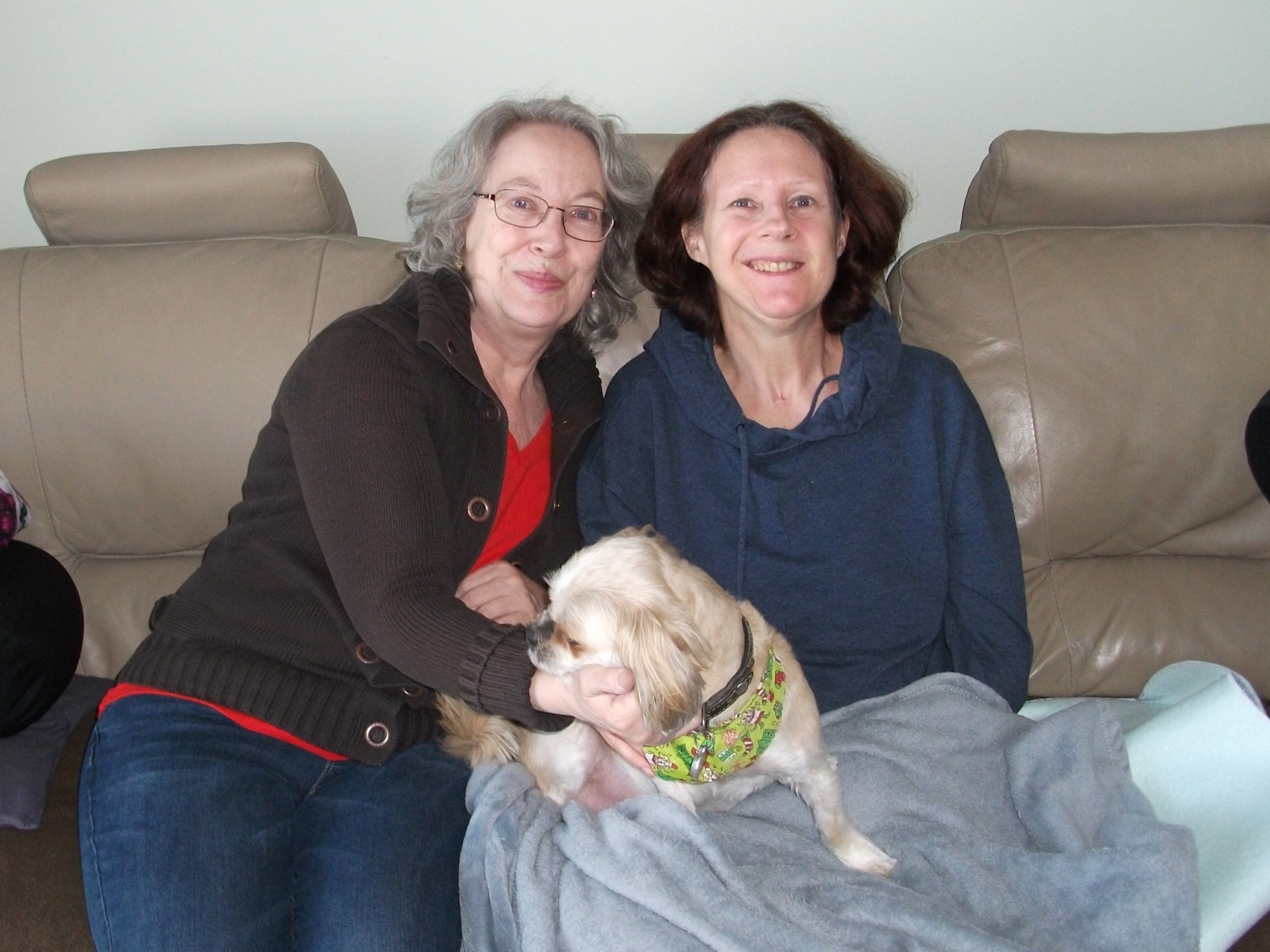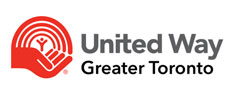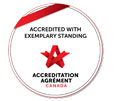Peer Stroke Program Fosters Hope and Support


After having a stroke nine years ago, Jane knows firsthand the isolation, frustration and anger that goes along with this condition. “When I was in the hospital there was no one to talk to about what I was going through. Nurses and doctors told me what they thought would happen, but they don’t know. They only know what they’ve seen and been through in their work, not what it’s actually like to have a stroke,” says Jane.
While healthcare providers are critical to recovery and do incredible work, they can’t completely understand patient experience. That’s why peer initiatives—like the Peers Fostering Hope (PFH) Program—are so valuable. In partnership with VHA, March of Dimes Canada and The Toronto Stoke Networks, PFH aims to fill this gap by connecting someone who has recently had a stroke with a peer volunteer that is successfully living with the effects.
Jane says that there’s a real need for this type of program because there, “are plenty of groups out there for other illnesses like cancer, but not enough for the stroke community.” After her own stroke and recovery, Jane became very involved in helping other patients navigate their healing. Through the PFH program, Jane was paired with Deb as she recovers from a severe stroke that affected her mobility and use of her arm and hand. During weekly visits or phone calls, they share their stories and experiences and talk about concerns and fears. This connection provides hope, reassurance and emotional support for both women. “I enjoy talking to Jane,” Deb says fondly. “She talks about what she’s gone through and what’s worked for her—it helps me know what’s coming. It prepares me as I go through the process and makes me feel like I’m not the only one who’s been through this.”
In fact, when Deb reaches a goal or sees a new improvement, Jane is often one of the first people she wants to share the news with. “When my hand moved for the first time, I called [Jane] right away. She appreciates just how important every little movement is,” says Deb. “Other people don’t understand that.” Jane loves celebrating each seemingly minor win with Deb because she explains that, “stroke recovery is such a slow, slow process.”
Jane and Deb’s relationship has offered a trusting and meaningful connection, “that works both ways,” insists Jane. “Since my stroke, I can’t work and there are certain things I can’t do. I lost the use of my left [dominant] hand and sometimes I feel as if I’m not contributing to life. This program helps me feel better about what I’m doing or not doing. It helps me feel as if I’m working and giving back, and that means a lot.”



